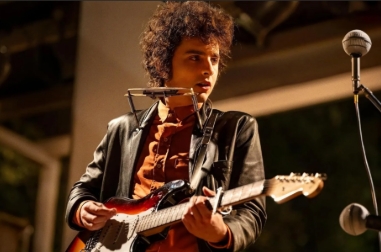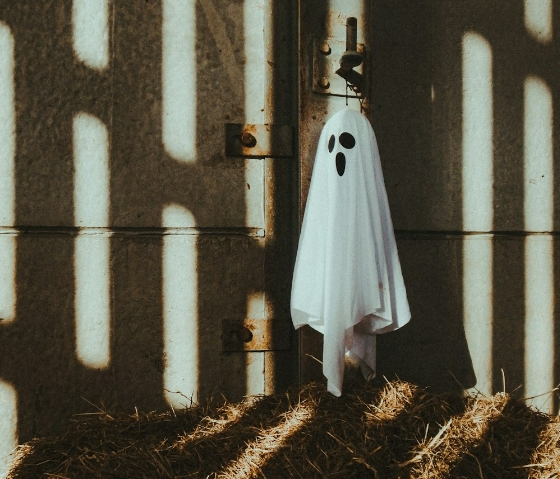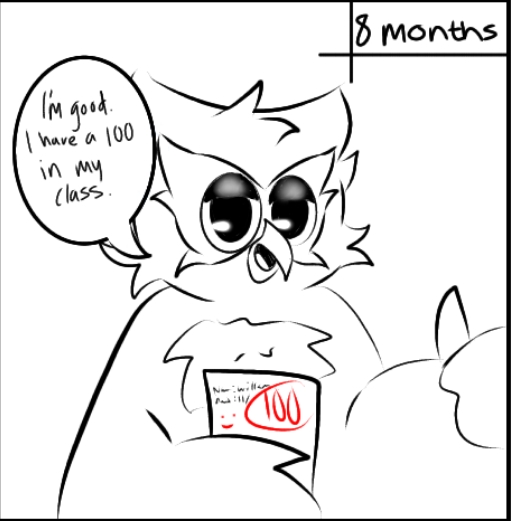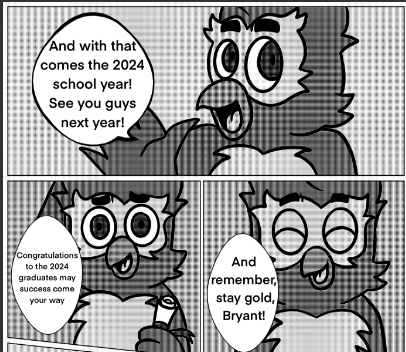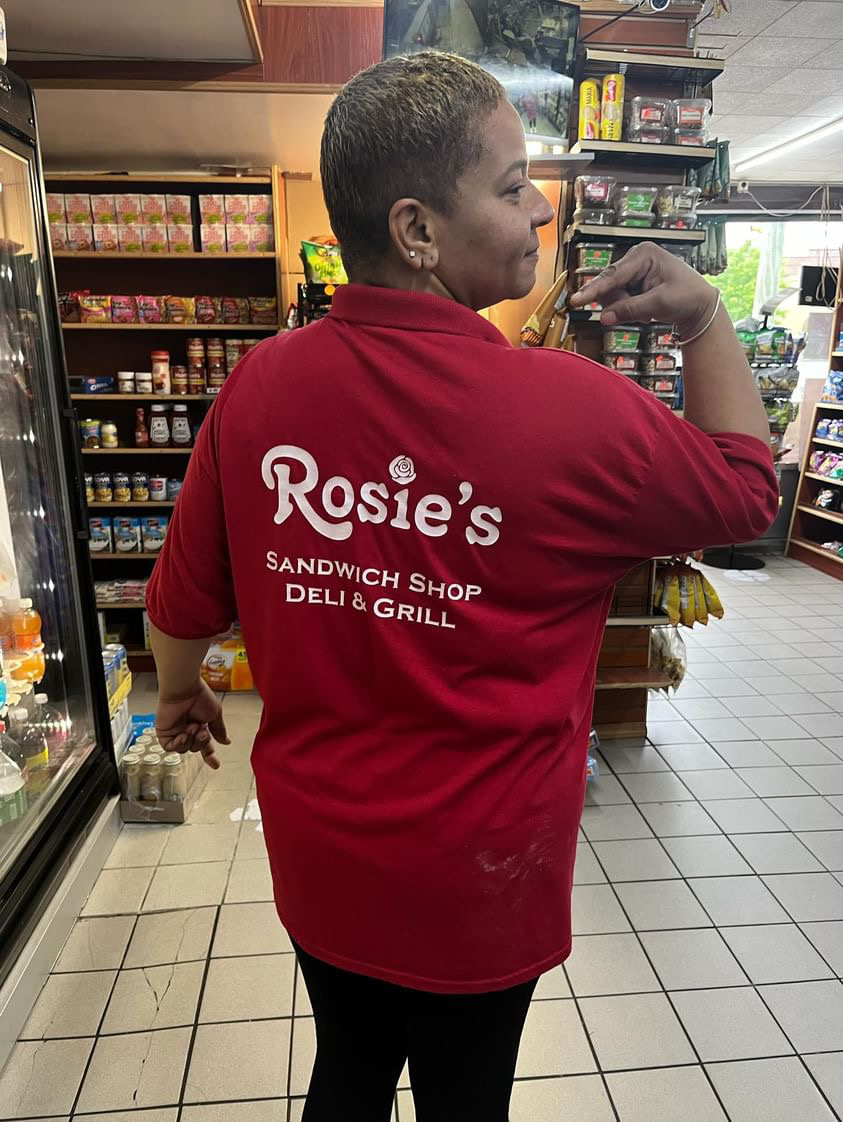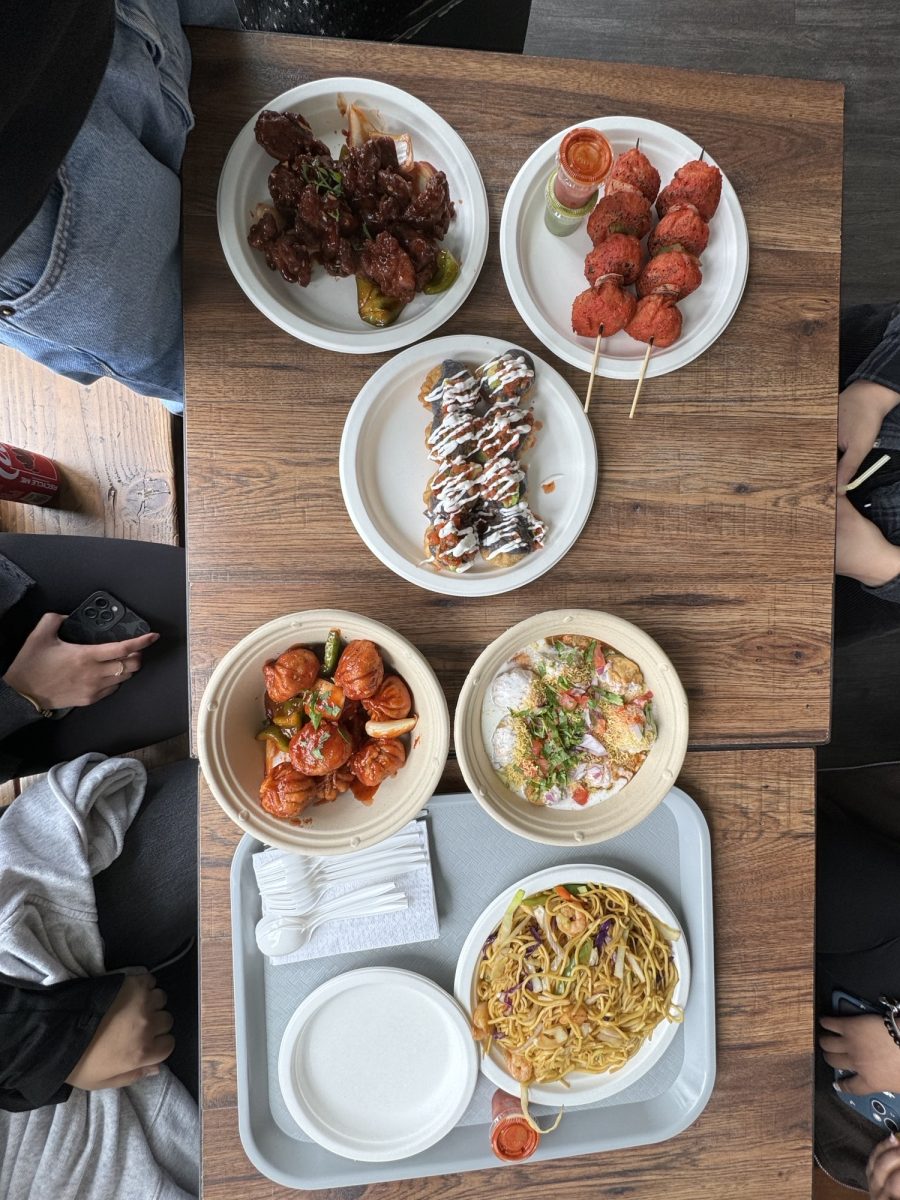Oppression, discrimination, humiliation, harassment, backbiting, and backstabbing (and lots of it), all of which is encountered in a place that is supposed to be a shelter for teenagers, all for the main purpose of education.
Let’s dive into high school specifically, a name that has earned its position to be placed upon a level in our imaginations. An experience in a lifetime setting you up for the rest of your life to be unique, productive individuals of society, yet taking away every ounce of confidence or self-righteousness you’ve ever had (if you had any, entering high school). How ironic, right? These events are covered thoroughly in a comedic and satirical and iconic coming-of-age movie, Mean Girls from 2004. This flick features main character Cady Heron, portrayed by Lindsay Lohan and the mean girls plastic trio; Regina George, Karen Smith, Gretchen Weiners played by Rachel McAdams, Amanda Seyfried, and Lacey Chabert in that order.
Twenty years later, this renowned and memorable film was rebooted and it mixes parts of the original plot with more present-day elements and musical scenes, promoted more for Gen Z, in comparison to the original issued in the 2000’s, for the past generation, Millennials. The 2024 Mean Girls features multiple renowned celebrities and pop stars including Reneé Rapp, who plays Regina George, Ashley Parks as the French teacher, and even Megan Thee Stallion, who appears in a brief cameo. Even Lindsay Lohan from the original Mean Girls cast plays a small yet surprising role in the new musical, while Tina Fey, who played Ms. Norbury, and Tim Meadows, who played Principal Duvall, play the exact same roles in both movies.
However, this hyped and “revamped” film has not received as much acclaim as the 2004 classic. There have been multiple changes to the major plot elements of the movie as well as its main characters’ identities. Despite some of these changes promoting a great amount of diversity for its time, the rest of them seem somewhat lackluster and less memorable compared to their original counterparts.
One of the key differences between the 2024 and 2004 Mean Girls would be their depiction of Regina George, the main antagonist of the story. For almost the entirety of the iconic original film, Regina is presented as an outwardly innocent yet sly and indestructible mastermind. In the 2024 adaptation, the high-school adversary is moreso evidently intimidating and confrontational while having a few more weaknesses. What made the plot of the original Mean Girls so striking was the fact that Regina was so difficult to expose and hold accountable that her loss ended up being so shocking yet somewhat satisfying. However, the new musical includes a scene where, during the Plastics’ talent show performance, Regina messes up and falls, making her the new target of online harassment along with bullying within the school. Although some may view this change as interesting, this new addition to the plot takes away from Regina’s fortified reputation that drives the anticipation of her downfall.
Since the release of the new musical version of Mean Girls, much controversy had arisen amongst old fans, especially in regards to how the story had flowed so effortlessly comedic in 2004, in comparison to its new counterpart being more music focused. But the musical still achieves much of the major plot points in the original movie in its own unique way. Problematic stereotypical views from the old movie–the cliques that have been labeled under certain stereotyped umbrellas–were refurbished to be less hurtful but still accurate to the portrayal of their respective high school groups found in high school (introduced in still an intriguing way). An also apparent change in the musical is the change of trends. Styles, slang, and jokes are also customized to fit into modern times, more specifically Gen Z(oomers) accordance, creating new quotes. Characters can also be seen having more of a personal wardrobe, with multiple distinctive diverse styles (but still following Regina’s set trends). Talking about trends, rather than spreading through word of mouth, the use of technology is rather emphasized. TikTok, the famous app of the century, a key factor of spreading news and setting new trends, was used in the musical as such. Altering gossip and trends within the school is posted onto TikTok diverging into mass media online. Some influencers also made appearances as minor characters reacting to this gossip in the montages (a notable one being Chris Olsen). This caused focus to be centered on the spotlight of obsession, descending to an addiction of fame, rather than solely on popularity in high-school social status.
Another key difference between both films would be the lore behind Janis and Regina’s rivalry. In the 2004 film, Janis and Regina’s feud began over growing tensions in their middle school friendship. Regina had a boyfriend that Janis was apparently “jealous” of, in the sense that Janis felt replaced by him and rather ditched by Regina. As a result, Regina had spread false rumors about Janis being a lesbian to the point where she became a social outcast. However, in the 2024 musical, what drove Janis and Regina’s intense conflict was Janis lighting a plushie on fire, which later caught on to Regina’s backpack. This was a result of Regina spreading the idea that Janis was “obsessed” with her (just like in the original film), but in this case Janis was actually open about her lesbian identity and Regina apparently was an ally in the early stages of their friendship. Although Janis’s new identity being altered expresses a closer connection and interests of its modern audience of the time (sharing a common derived experience amongst the queer community), Regina’s attitude of homophobic remarks and actions toward Janis in the 2004 Mean Girls better enhances her cruel, antagonistic–and, obviously, mean–persona, making the cast more human as well as three-dimensional.
But no matter the argument or backlash on either production of content put out there, both have arguably made a massive impact on the entertainment community. Reflecting upon the shared culture of two generations of time, and reflective of those trends in both gens make communities feel welcomed of their common experience high school!


